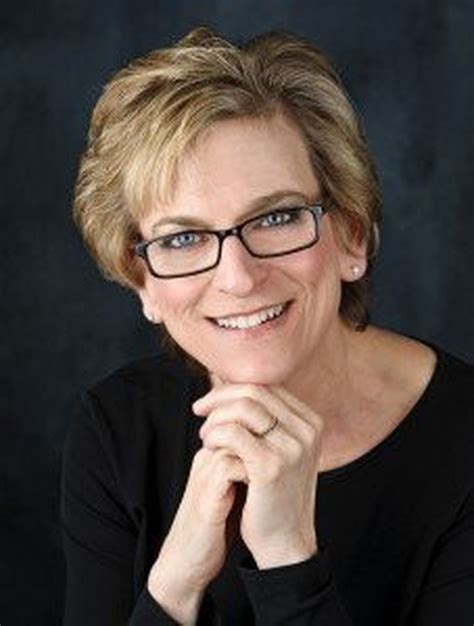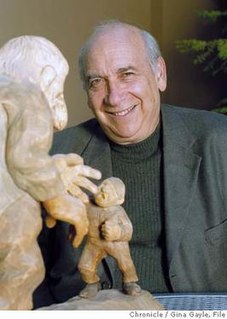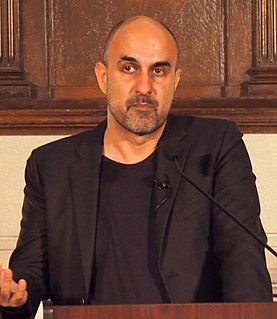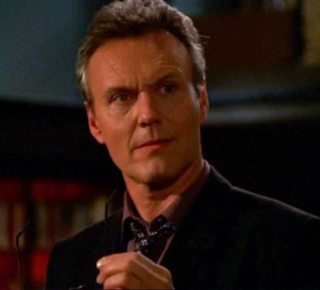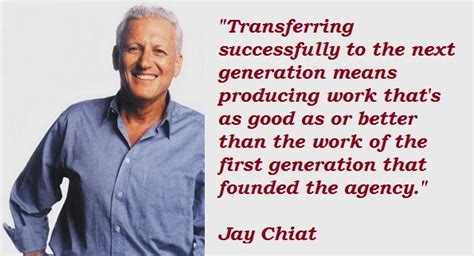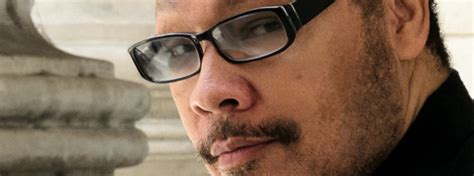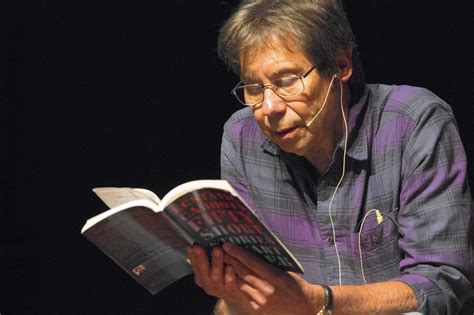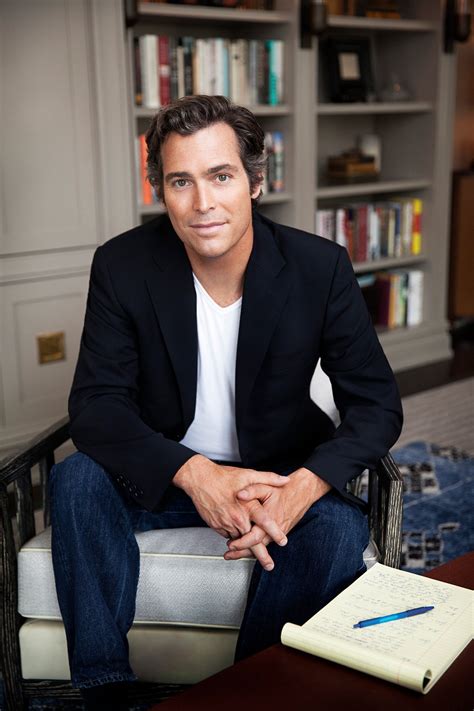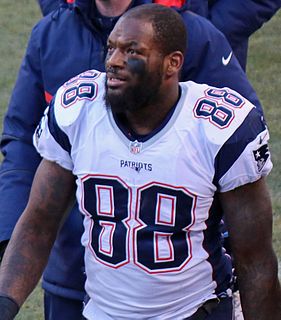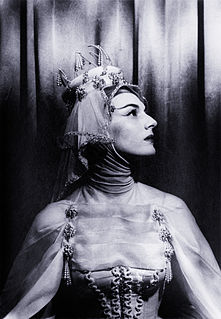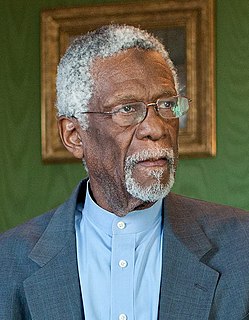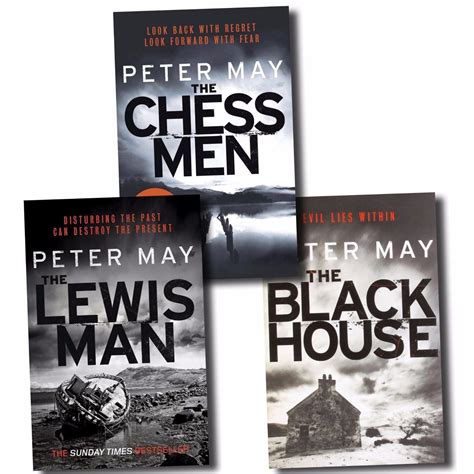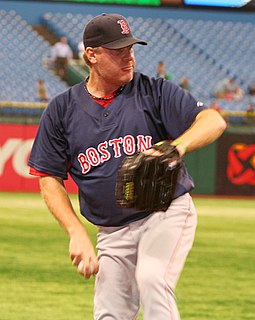Top 1200 Library Research Quotes & Sayings
Explore popular Library Research quotes.
Last updated on April 14, 2025.
I've been in towns where there is no library, or where the library for the high school and the library for the town is one room, and it's smaller than my modest living room here. So you don't have many resources in 1950 or even 1970. This is the year, 2013, every town in America is connected to the web. Every town in America is therefore connected to all kinds of resources at the Library of Congress, at 100,000 websites.
As a kid, I would get my parents to drop me off at my local library on their way to work during the summer holidays, and I would walk home at night. For several years, I read the children's library until I finished the children's library. Then I moved into the adult library and slowly worked my way through them.
The point of a library's existence is not persuasion or evangelism, but knowledge. It is irrelevant to the good library whether, as an institution, it shares or promotes your core values or mine, or the Attorney General's or Saddam Hussein's. The library is always an instrument of choice, and the choice is always yours, not your elected or designated leaders.
A great library doesn't have to be big or beautiful. It doesn't have to have the best facilities or the most efficient staff or the most users. A great library provides. It is enmeshed in the life of a community in a way that makes it indispensable. A great library is one nobody notices because it is always there, and always has what people need.
I claim that this bookless library is a dream, a hallucination of on-line addicts; network neophytes, and library-automation insiders...Instead, I suspect computers will deviously chew away at libraries from the inside. They'll eat up book budgets and require librarians that are more comfortable with computers than with children and scholars. Libraries will become adept at supplying the public with fast, low-quality information. The result won't be a library without books--it'll be a library without value.
I always knew from that moment, from the time I found myself at home in that little segregated library in the South, all the way up until I walked up the steps of the New York City library, I always felt, in any town, if I can get to a library, I'll be OK. It really helped me as a child, and that never left me.
I am a librarian. I discovered me in the library. I went to find me in the library. Before I fell in love with libraries, I was just a six-year-old boy. The library fueled all of my curiosities, from dinosaurs to ancient Egypt. When I graduated from high school in 1938, I began going to the library three nights a week. I did this every week for almost ten years and finally, in 1947, around the time I got married, I figured I was done. So I graduated from the library when I was twenty-seven. I discovered that the library is the real school.
A university is a reading and discussion club. If students knew how to use the library, they wouldn't need the rest of the buildings. The faculty's job, in great part, is to teach students how to use a library in a living way. All a student should really need is access to the library and a place to sleep.
As a kid I would get my parents to drop me off at my local library on their way to work during the summer holidays and I would walk home at night. For several years I read the children's library until I finished the children's library. Then I moved into the adult library and slowly worked my way through them.
The notion of a writer sitting in a library doing research isn't what I want. The research I love doing isn't found in a book. It's what it feels like to rappel down the side of a building; to train with a SWAT team; to hold a human brain in your hands; or to dive for pirate treasure. Those are things I've done to research my stories.
I always knew from that moment, from the time I found myself at home in that little segregated library in the South, all the way up until I walked up the steps of the New York City library, I always felt, in any town, if I can get to a library, I'll be okay. It really helped me as a child, and that never left me. So I have a special place for every library, in my heart of hearts.
I was so inspired by Dr. King that in 1956, with some of my brothers and sisters and first cousins - I was only 16 years old - we went down to the public library trying to check out some books, and we were told by the librarian that the library was for whites only and not for colors. It was a public library.
I was so inspired by Dr. King that in 1956 with my brothers and sisters and first cousins, I was only 16 years old, we went down to the public library trying to check out some books and we were told by the librarian that the library was for whites only and not for colors! It was a public library! I never went back to that public library until July 5th, 1998, by this time I'm in the Congress, for a book signing of my book "Walking with the Wind"

